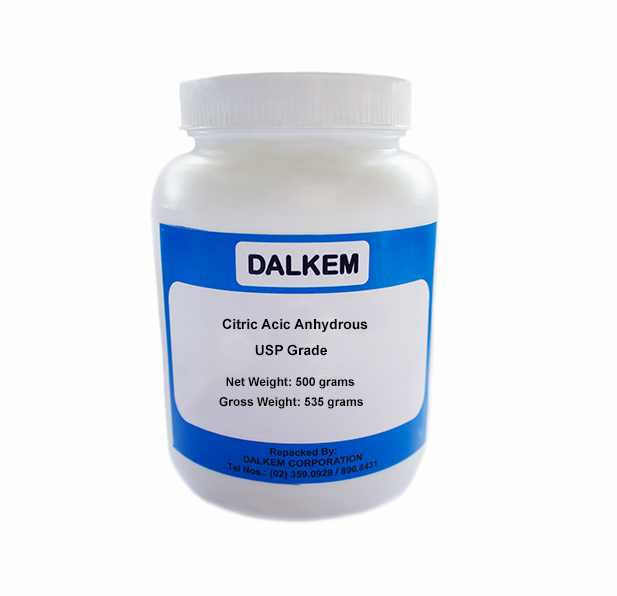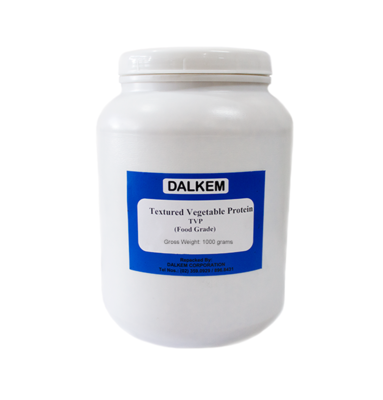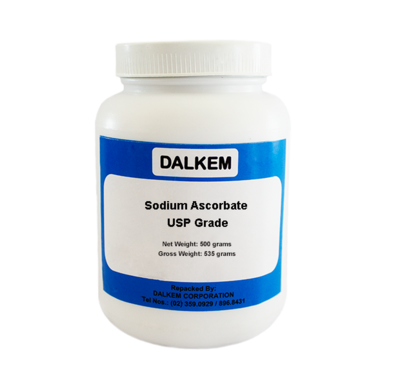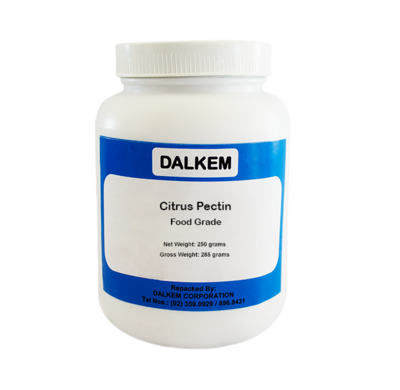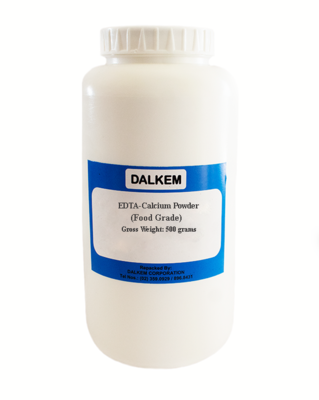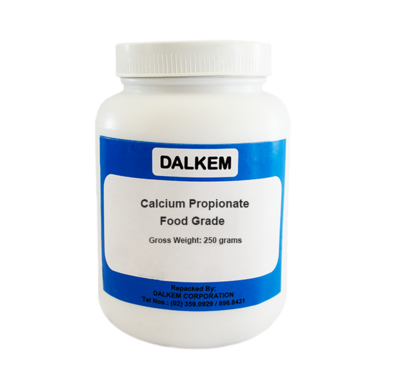Citric Acid Anhydrous USP Grade
What exactly is citric acid?
It's an acid compound naturally found in citrus fruits, but it can also be derived from mold-based fermentation) of sugars.
CAS No: 77-92-9
Molecular Formula: C6H8O7
Functions
Citric acid is a chelating agent, bactericide, fungicide, anticoagulant, agricultural chemical, therapeutic agent, sequestrant, and hematologic agent.
Cleaning Uses
• Because citric acid kills bacteria, mold, and mildew, it's great for general disinfecting and cleaning.
• It's also effective at removing soap scum, hard water stains, calcium deposits, lime, and rust.
• Also, it serves as a preservative in many cleaning solutions. Because lemon juice contains 5 - 8% citric acid, it's often used in green cleaning.
• Citric acid is used in several cleaning products, such as auto cleaning products (e.g., wheel and radiator cleaners), metal cleaners, oven cleaners, dishwasher cleaners, all-purpose cleaners, soap-scum removers, bathroom cleaners, tub & tile cleaners, carpet cleaners, dish soaps, laundry detergents, air fresheners, window cleaners, stain removers, and dishwasher rinse aids. Other Uses
• In addition to its use in cleaning products, citric acid is used in a variety of other industries, such as the personal care, agricultural, food, pharmaceutical, and electroplating industries. • In the food industry, it serves as a preservative, flavoring agent, and vegetable rinse.
• In personal care products, it's used to add an effervescent quality (e.g., bath bombs), to adjust pH, and to serve as an alpha hydroxy acid (e.g., anti-aging creams).
• You'll find it in shampoos, hair colorants, antibacterial wipes, liquid hand soaps, body gels and washes, conditioners, eye pencils, deodorants, baby wipes, nail enamels, peels, creams, etc.
• It's also used in some supplements and pharmaceuticals (e.g., vitamin powders, syrups, elixirs).
• Finally, the agricultural industry uses it as a pesticide to treat crops

